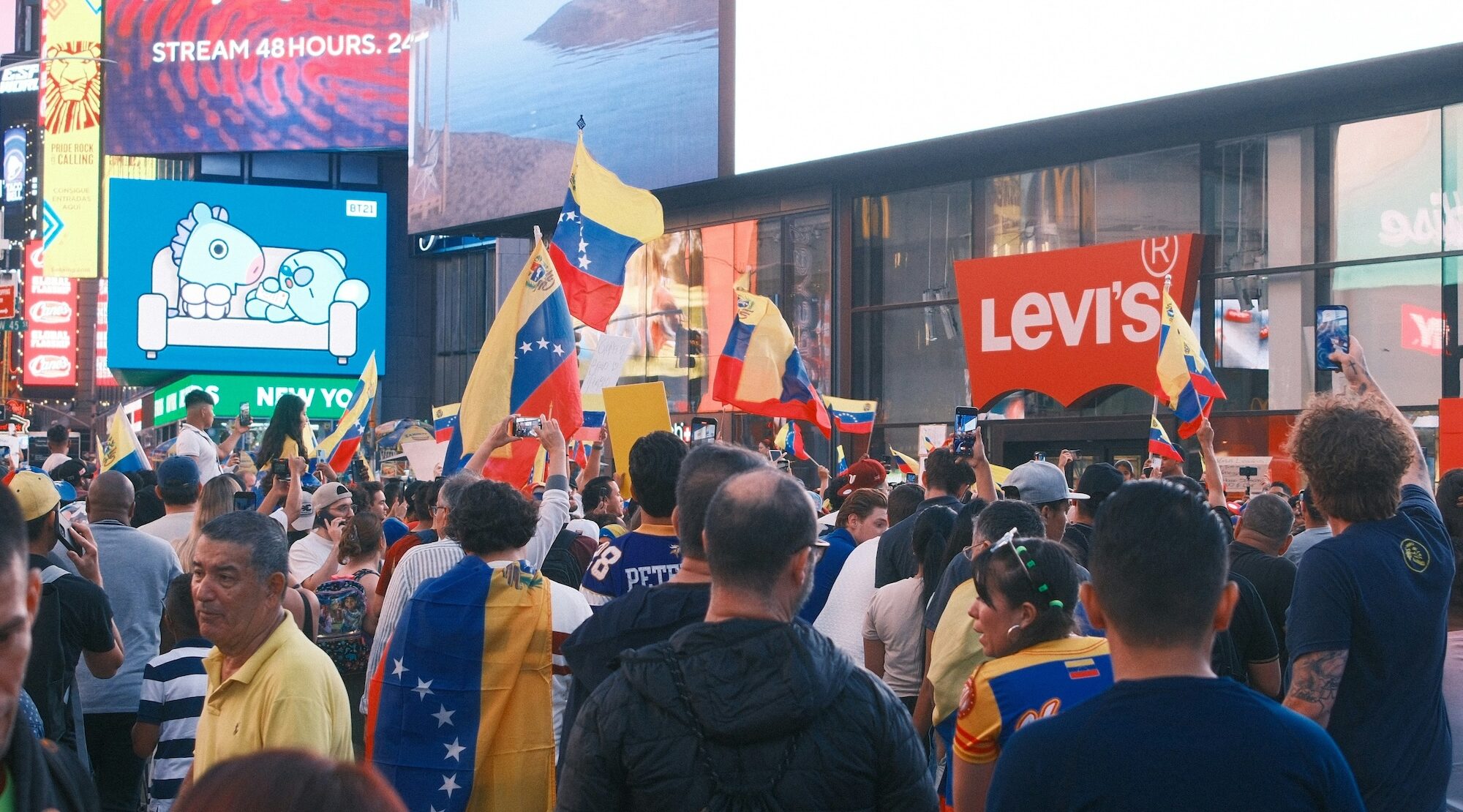“Why are you being so rude?”
“Because he was rude first.”
“Why won’t you listen?”
“Because he stopped listening to me first.”
“Why are you so insulting, and justifying all the name calling?”
“Because he did it first.”
He did it… she did it… they did it… The bottom line is that someone else did it; someone else did it first; and their doing it first now allows me to do it, too. Friends, I’m concerned how significantly this line of thinking has permeated pop culture. We are justifying foolish behavior.
In search of something more positive on the net last week, I came across a great, inspiring post by New York Times bestselling author, Marcus Brotherton. With all the justified, poor and polarizing behavior, we need some inspiring posts.
It was entitled: “3 Things We Can Learn from Father Mulcahy,” a man identified by Brotherton as a “1st Lieutenant and later a Captain, a Catholic priest sent to minister to soldiers of all faiths at the 4077th Mobile Army Surgical Hospital during the Korean Conflict of 1950-1953”.
Father Mulcahy was cleverly portrayed by William Christopher for 11 seasons of “M*A*S*H”. Christopher passed away two weeks ago. Here, no less, is much of what we could learn — replacing some of our current behaviors:
“You were a good man, Father Mulcahy…
1. Your words were few, but your presence loomed large.
As a chaplain you were tasked with caring for others. Yet you seldom dispensed advice, you never moralized, and your words were few. Instead, your presence did the real talking…
In the rough-and-tumble of your friend’s life, you were simply ‘there.’
2. You wrestled with the complexities of life, and we wrestled along with you.
Your actions invited us to weigh in on a complex question — at least in our minds — because in our real world every day we wrestle with right and wrong.
3. You fulfilled your purpose by immersing yourself in a messy world and offering hope.
As a priest, you were a regular guy, Father. You were an amateur boxer. You played cards. You threw back a drink every now and then with the gang.
We identified with your jokes. Your earthiness. Your homespun demeanor.
We liked how you played the piano, how you wore your Loyola sweatshirt. How Colonel Potter called you by his own affectionate nickname for you — ‘Padre’ — and how you lightheartedly referred to your one sibling, Kathy, a nun, as ‘my sister the Sister.’
We liked how, in your priestly quest for righteousness, you never tried to separate yourself from the people around you. You were never standoffish. Instead, you went where people needed you most — even when it wasn’t safe.”
Even in environments which we sense as something less than safe, the foolish behavior isn’t helping. We can “be there” for others — whether or not we agree on all things. We can weigh the complex questions together — respectfully — as there is both right and wrong in this world.
And yes, this world is messy. But hope still exists.
We can do this. We can stop the foolish behavior.
It doesn’t even matter who goes first.
Respectfully…
AR

